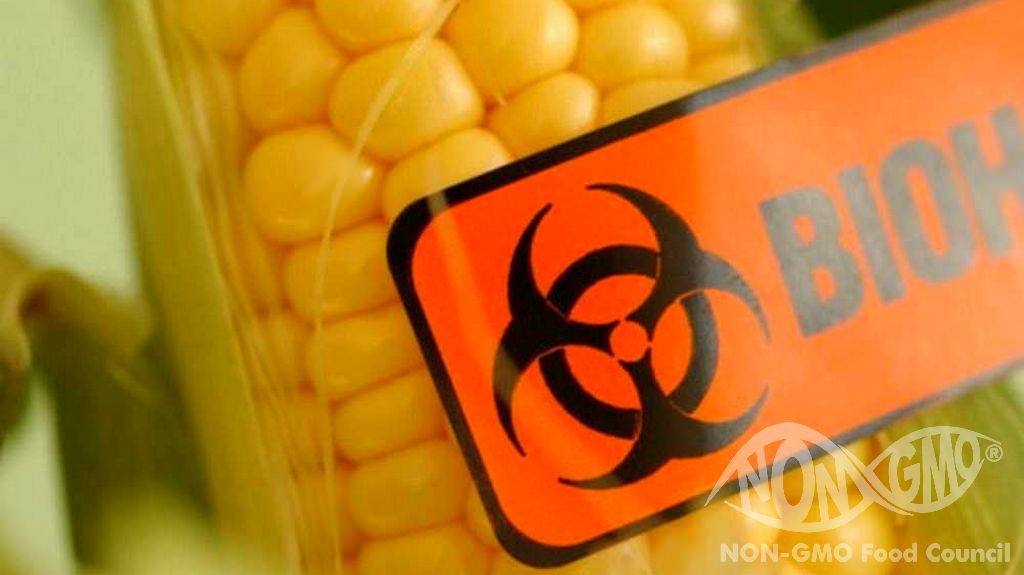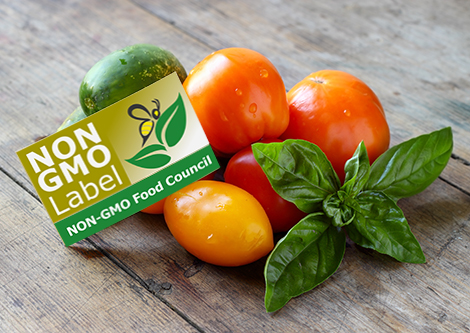Despite the widespread perception that genetically modified foods are safe, there are no long-term studies involving people consuming GM foods.

There is no scientific consensus on the safety of GMOs yet. According to a statement signed by hundreds of scientists, physicians and doctors, the scientific consensus claim that is frequently repeated in the media on GMOs is not entirely true.
To date, no epidemiological studies have been conducted investigating the potential effects of GMO foods on human health. Most of the research used to claim that GMOs are safe has been done by biotech companies.
It would be much more meaningful to examine GMO foods by dividing them into risk groups. While some GMO products are included in the high risk group due to their nature, some are classified as low risk and for the remaining ones, they are divided into monitored risk groups.
Our NON GMO certification program uses a set of criteria to identify crops and inputs that are likely to be genetically modified.
High-risk products that can be tested under the NON GMO program include:
According to the NON GMO program, low-risk GMO vegetables include;
Canola and soy may be testable or untestable depending on the genetic engineering methods used to produce them. Others are in the monitored risk group.
Do not hesitate to contact our expert team to get detailed information about the GMO Free and NON GMO label and certification, or to apply for certification.
